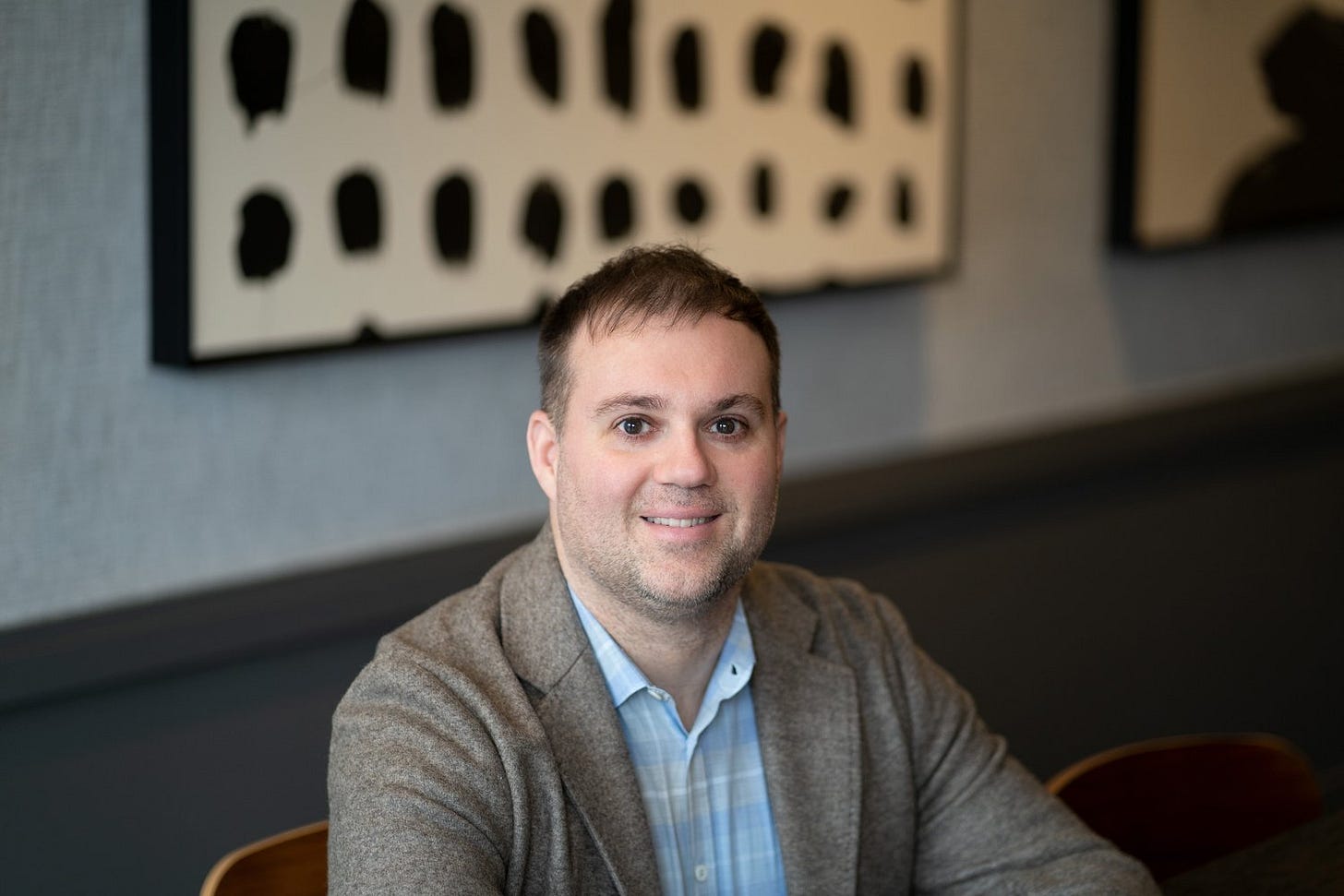Announcing the 2022 SVRN Grantees!
The Student Vote Research Network Steering Committee is thrilled to be supporting five academic teams who are doing important research this fall about how we achieve 100% student voting.
The purpose of the Student Vote Research Network (SVRN) is to collectively discover what it will take to reach 100% student voter participation. Earlier this year, we shared that we wanted to fund your research on student voting in order to do that!
Following a competitive review process, we were able to award grants to five academic teams for projects to increase nonpartisan civic learning, political engagement, and voter participation among college students.
We are now excited to announce the 2022 SVRN Grantees!
University and College Student Election Turnout in St. Louis Missouri: Motivating and Overcoming Barriers to Voter Registration and Engagement
Dr. Sabrina Tyuse & Dr. Leah Sweetman
Saint Louis University
A team of Saint Louis University researchers and students have developed an initiative to increase the number of registered voters and voter turnout among college students, with a focus on low-income and racial minority students at three urban institutions: Saint Louis University, Harris-Stowe State University, and St. Louis Community College-Forest Park Campus. Through a post-election survey and focus groups, they will examine what motivates students to vote, what barriers they face, and how colleges and universities can help students overcome those barriers.
Reassuring and Bolstering Identity in College Voters
Dr. Brian F. Harrison, Jahnavi Rao, & Sydney Fahn
Center for American Political Engagement
When scholars research student voting, they often seek the most effective interventions to increase registration and turnout by looking at how students think and feel about voting. Our proposal takes a different tack: we focus on how students think and feel about themselves. We focus on three main areas: social pressure; level of attachment to a campus-based voting location; and level of attachment to a home-based voting location. Overall, we seek ways to bolster confidence in young voters' identity and sense of place to increase voter turnout among students at community colleges, HBCUs, and MSIs.
Embracing Political Difference to Increase Student Voter Engagement
Dr. Amber Wichowsky & Savannah Charles
Marquette Civic Dialogues Program
Can peer-to-peer discussions that engage students’ differences in political thought and lived experience increase turnout and student leadership in civic engagement efforts? To answer this question, we combine an experimental study of Marquette’s new “dialogue dinner” program with in-depth focus groups of first-year students. Findings will inform strategies to increase student turnout, improve campus climate and build grassroots civic leadership.
Learning from Commuter Students’ Voting and Civic Engagement Experiences
Dr. Lara Rusch
University of Michigan - Dearborn
This research seeks to better understand the political engagement of commuting students at UM-Dearborn and at a local community college. Research assistants will develop and lead focus groups with other students on their participation in the 2022 midterm elections and any intersections, opportunities, or challenges they experienced as community members with responsibilities extending beyond the campus, and as members of groups historically underrepresented in American politics. Focus groups will explore types of overlapping campus/community engagement, the cultural and community networks that are relevant to their engagement, and their perspectives as members of those communities.
What Works? MSI Strategies to Engage First-Year Students (FYS) in Democracy
Dr. Crystal Harris
Governors State University
Governors State University (GSU) is a public research and land-grant Minority Serving Institution (MSI) in University Park, IL approximately 30 miles south of Chicago. GSU serves over 4,400 students. Minority-serving institutions such as GSU often serve populations that experience reduced access to public services, fewer employment options, and are impacted by other systemic barriers to full citizenship. This research project proposes to understand how first-year college students navigate the decision to become first-time voters, develop democratic and civic values and respond to voter education efforts. During the fall 2022 semester, three groups of FYS students will be interviewed before and after the election cycle in order to examine the impact of three types of pedagogical strategies. Additionally, the corresponding faculty will be interviewed about their approach to curriculum, assignments, and teaching methods within the courses taken by the students.
Stay Tuned
The Student Vote Research Network is excited to support these important projects. Student voting has increased significantly in recent years, but still lags behind that of other citizens. Building a habit of voting among students ensures that their voices are heard by elected officials, and helps ensure the strength of our democracy.
Please make plans to join us next year at the 2023 SVRN Workshop to hear these grantees present the results from their work.











